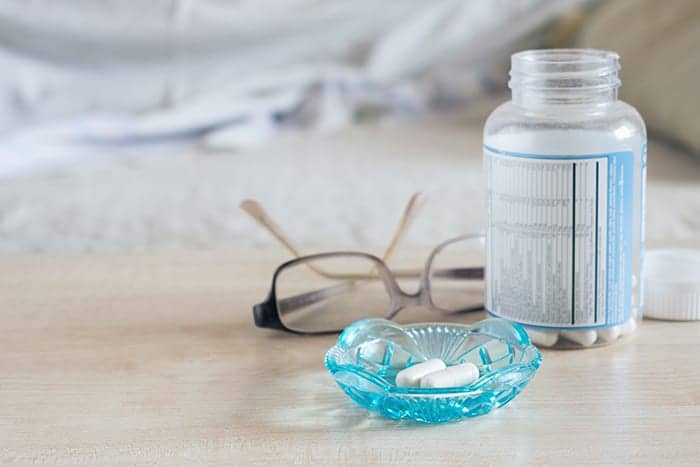Over-the-counter remedies promise a better night’s rest, but they may not be the best way to improve sleep.
There is a wide selection of over-the-counter sleep supplements to choose from. Some of the most common are cannabidiol (CBD), synthetic melatonin, valerian, and chamomile. But do they work, and are they good options to solve your sleep struggles?
“There is limited evidence for some of these supplements, and evidence against the use of others,” says Dr. Suzanne Bertisch, clinical director of Behavioral Sleep Medicine at Harvard-affiliated Brigham and Women’s Hospital. “Some have been looked at for sleep generally and some for insomnia” — that is, difficulty getting to sleep and staying asleep.
Research into sleep supplements is a mixed bag, but most studies show only a small benefit or no benefit at all, says Dr. Bertisch. Here’s an overview of the evidence related to common supplements.
CBD. CBD is an active compound derived from the marijuana or hemp plant. It does not produce a high, but it may make the user feel calm or mellow. “There are some recent preliminary studies that suggest CBD may improve sleep,” says Dr. Bertisch. Several larger randomized clinical trials are now under way and are expected to provide more definitive evidence, she says.
Synthetic melatonin. Melatonin is a hormone produced at night by your brain. It plays an important role in regulating sleep. A synthetic version of this natural hormone is often used as a sleep supplement. “Several randomized clinical trials have shown that melatonin is not effective for insomnia,” says Dr. Bertisch. However, there is evidence that melatonin is helpful for circadian rhythm disorders, such as jet lag, she says.
Valerian. This supplement is made from either the roots or stems of a flowering plant native to Europe and Asia. It produces a mild sedating effect and has been used as a sleep aid as far back as ancient Greece and Rome. While valerian is probably the most well-studied dietary supplement for sleep, evidence backing its use for this purpose is weak, says Dr. Bertisch. “The data show no benefits or very modest benefits, which likely fall short of clinically meaningful improvement for insomnia,” she says.
Chamomile. This herbal remedy is derived from a flower in the daisy family. It’s generally viewed as safe and mild, but it causes allergic reactions in some individuals. “People have been using chamomile to promote better sleep for ages, but there are few studies supporting this use,” says Dr. Bertisch.




